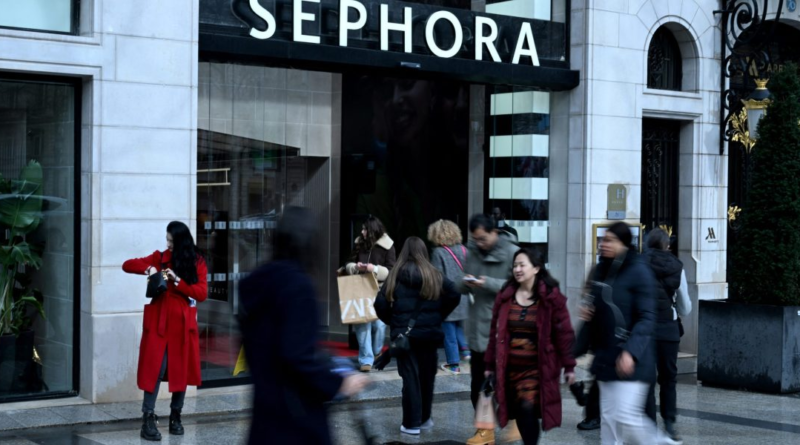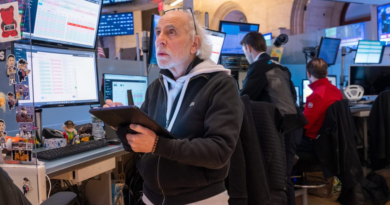Unilever and LVMH have one common bright spot—people love spending on beauty, and it’s outshining their other products
On the surface, Anglo-Dutch Unilever and French LVMH might not have much in common. While Unilever makes Dove soaps and Axe deodorants, LVMH owns high-end luxury labels like Louis Vuitton and Christian Dior.
But just one look at their earnings and a common thread emerges—beauty products have been the secret to their recent success, even if economic challenges have pulled other parts of their businesses down.
Take Unilever, for instance. The London-listed behemoth released its first-quarter earnings on Thursday, clocking in a higher sales growth than anticipated, of 4.4% compared to last year.
Its fastest-growing segment? Beauty and wellbeing. It contributes to a fifth of the brand’s turnover and includes brands like Tatcha, Dove, Hourglass and more. Its sales growth for the quarter was 7.4%—well above any other segment including nutrition and home care.
Price increases had a part to play in the growth, but less so compared to personal care products, Unilever noted.
LVMH, on the other hand, is a much bigger company in size, scope and variety of products. The Arnault-run conglomerate makes perfumes, leather bags and Champagne for the world’s most affluent, but it also owns a well-known chain that appeals to the average shopper—Sephora.
The beauty retailer, which LVMH bought in 1997, has been a big bright spot for the French group amid an otherwise doomed period for the luxury industry. Sephora had its best-ever performance in 2023 as it expanded globally and relaunched in the U.K.
In LVMH’s annual report released in March, the luxury behemoth noted that the growth came from makeup, haircare and skincare. Sephora helped drive a 76% profit rise in the selective retailing segment, which includes duty-free shops and raked in €17.9 billion ($19.4 billion) in sales last year.
That trend continued into the first quarter of 2024, as LVMH’s selective retailing segment grew the most—by 11%—compared to other premium groups.
“Sephora once again achieved remarkable growth, continuing to gain market share,” LVMH said in its earnings release last week.
Just the ‘lipstick effect,’ or more?
Beauty products tend to persist through trying times. Experts have noticed the phenomenon, dubbed the “lipstick effect,” through past economic downturns as people look to trim costs on big expenses but splurge in small ways.
This explains why beauty products are popular among shoppers when the cost of living and inflation remain elevated.
Sephora’s CEO even agreed the lipstick effect had a hand in propping up its sales, along with the company’s innovations with in-store experiences.
“We have a product that makes people happy, an accessible product. Are we going to have explosive growth? The answer is no. Am I concerned? The answer is also no,” CEO Guillaume Motte told the Financial Times last month.
But there’s more to the story beyond beauty products being a guilty pleasure.
Other cosmetic brands have also seen a strong run in recent months—whether that’s Spain’s Puig, which owns Charlotte Tilbury, looking to go public with a market value of up to €13.9 billion ($14.9 billion), or L’Oreal’s sales boost across Europe and North America. By 2027, the overall beauty industry is expected to be worth $580 billion—and at a faster pace than apparel or footwear, according to McKinsey.
There’s also a growing realization among shoppers that affordable and premium brands are comparable in their overall look, which means a smaller wallet spend for the budget-conscious buyer.
Does that mean these beauty and wellness companies are out of the woods? Probably not. For Unilever, there are still parts of its business, like its ice cream segment, with an uncertain future. And LVMH’s sales still hinge heavily on fashion and leather products.
But in the meantime, why not reap the benefits of beauty brands outshining the rest?




